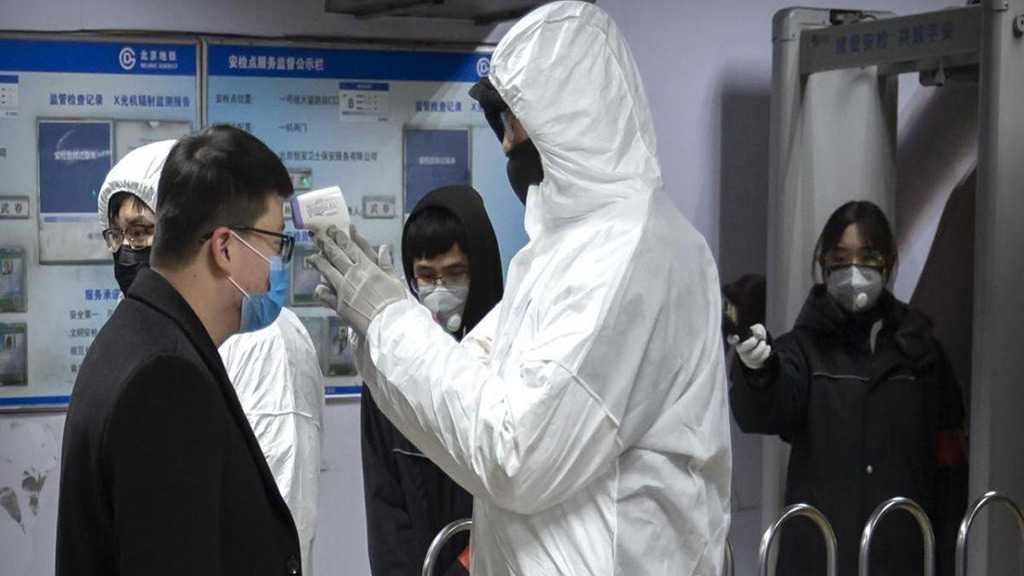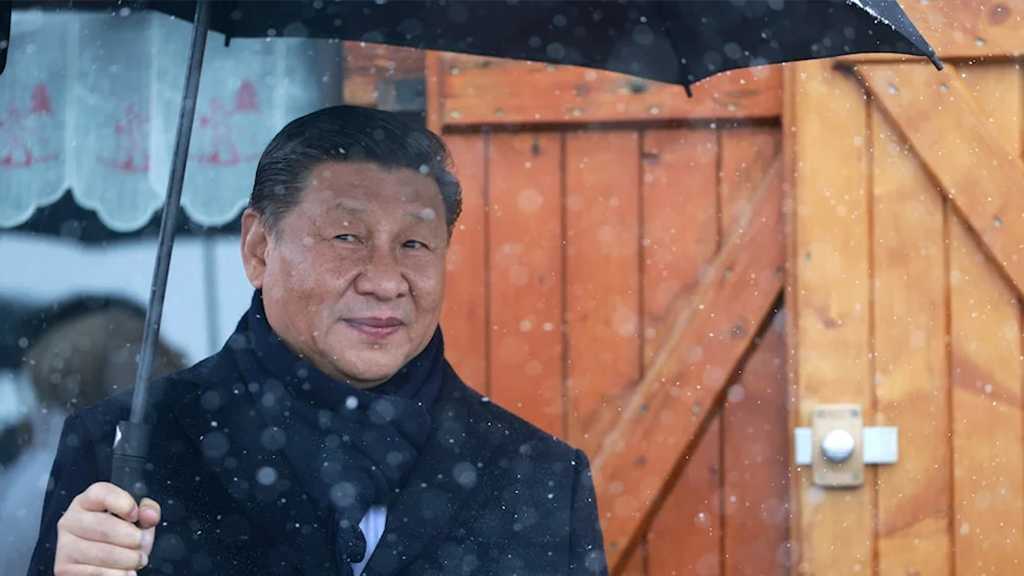Coronavirus Outbreak: Confirmed Cases Top 20,000 as China Marks Deadliest Day

By Staff, Agencies
The spread of the Wuhan coronavirus shows no signs of slowing, as China reported another major spike in both confirmed cases and deaths in the region at the heart of the epidemic.
The total number of confirmed cases in China stands at 20,438 as of Tuesday morning, including a 1-month-old baby in southwestern Guizhou province, an increase of 3,235 on the previous day – an over 18% jump. The death toll is now at 425 in China, an increase of around 65 from Sunday.
Outside of China, the prevalence of the virus remains far lower, but more than 185 cases have been reported in over two dozen countries and territories. Two people have died outside mainland China since the outbreak began. One in the Philippines, and another in the semi-autowuhannomous Chinese city of Hong Kong, which reported on Tuesday that a 39-year-old man who had traveled to Wuhan last month had died.
In a meeting with top officials Monday, Chinese President Xi Jinping called the virus outbreak a "major test of China's system and capacity for governance," as the extended Lunar New Year holiday and growing concerns began to take a toll on the country's economy.
According to state media, Xi demanded "resolute opposition against bureaucratism and the practice of formalities for formalities' sake in the prevention work," adding that those who disobeyed would be punished. His comments could be an indication that frustration is growing over the failure to rein in the virus, and the slow initial response by Wuhan officials, some of whom have already offered to resign over their handling of the crisis.
Xi also called for an improvement in the country's emergency management system, an "overhaul of environmental sanitation," improvements to public health, and a "crackdown on illegal wildlife markets and trade."
Even as cases of the virus are reported worldwide, the majority of patients have a link to China, either tourists or people returning home from a visit to the country. Person-to-person transmission of the virus has been confirmed, however, including among some patients overseas, and countries are scrambling to ensure it does not spread further afield.
On Monday, authorities in Japan quarantined a cruise ship at a port in Yokohama, south of Tokyo, after an elderly male passenger on the vessel was found to be infected with the virus when he disembarked in Hong Kong in late January.
Japanese health authorities said around 2,500 passengers and some 1,000 crew members are on board the Diamond Princess, which returned to Yokohama after stops in Hong Kong, Vietnam, Taiwan, and the Japanese prefectures of Okinawa and Kagoshima. At least seven people on board said they feel ill, though none have been confirmed to have the virus.
All passengers will be checked, authorities said, with the results expected Tuesday evening.
Japan is one of around a dozen countries which have evacuated citizens from Wuhan, which remains on tight lockdown along with much of surrounding Hubei province. Italy repatriated 56 nationals on Monday, as the US said it would send additional flights to evacuate hundreds of Americans who remain in Hubei.
Closer to China, the semiautonomous city of Macao announced on Tuesday that it will suspend operations of gambling and related industries for half a month in an effort to contain the virus.
The outbreak has had a devastating impact on tourism in the gambling enclave, which relies heavily on mainland Chinese visitors. Gambling is illegal on the mainland and Lunar New Year is usually a particularly busy time for Macao's casinos. But not this year -- tourism to the city has dropped 73.6% year-on-year, the Macao government announced on January 29.
The self-governing island of Taiwan said on Tuesday that it will implement entry restrictions for foreign nationals who have been to mainland China starting on Friday.
The restrictions mean that any foreign national who has visited or lived in mainland China in the past 14 days will be denied entry to Taiwan, barring exceptions for those needing to enter for "special reasons," according to the island's Ministry of Foreign Affairs.
And Hong Kong on Monday announced further closures to its borders with the mainland. All but three crossings, including the two busiest land borders, are now closed.
The announcement by the semiautonomous city's leader Carrie Lam came after health care workers began strike action Monday to demand the city be fully sealed off from the mainland. Memories of the deadly 2003 SARS outbreak run deep in Hong Kong, where many businesses have sent workers home to avoid spread of the virus. Unions said strike action will continue Tuesday unless further action is taken by Lam.
Amid all the misery, there are some small signs of hope.
Officials in Thailand said Monday that a second patient has been treated with a new combination of HIV and flu drugs, after doctors said the cocktail had been successful in treating a 71-year-old woman from China with the virus. Officials have yet to provide an update on the success of the treatment for the second patient.
Thailand's Health Minister Anutin Charnvirakul told reporters that the 71-year-old had the most severe symptoms of all those in care in the country. While he cautioned against placing too much expectation on a tiny number of cases, Anutin said he hoped "other academic, medical or research institutions can take this treatment result and find more facts as much as they can do."
"And if it turned out the dosage and method of treatment we applied could cure every case, it will be beneficial to humanity," Anutin added.
Comments




